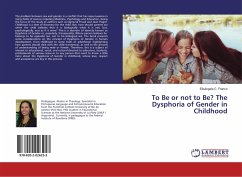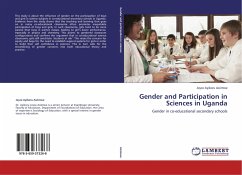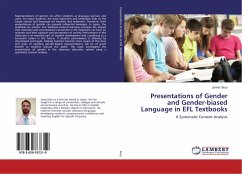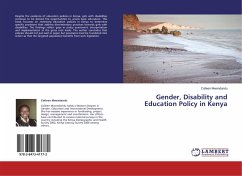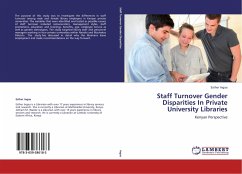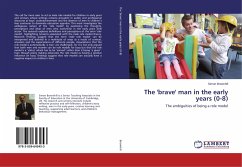
The 'brave' man in the early years (0-8)
The ambiguities of being a role model
Versandkostenfrei!
Versandfertig in 6-10 Tagen
45,99 €
inkl. MwSt.

PAYBACK Punkte
23 °P sammeln!
The call for more men to act as male role models for children in early years and primary school settings remains prevalent in public and professional discourse as boys' underachievement and the absence of men in children's lives continues to dominate education agendas. This work investigates the ambiguous nature of the 'role model' by examining the thoughts, perceptions and ideas of men who work/train in the early years (0-8) sector. The research explores definitions and perceptions of the term 'role model', highlighting tensions associated with the male role model theory. Research findings su...
The call for more men to act as male role models for children in early years and primary school settings remains prevalent in public and professional discourse as boys' underachievement and the absence of men in children's lives continues to dominate education agendas. This work investigates the ambiguous nature of the 'role model' by examining the thoughts, perceptions and ideas of men who work/train in the early years (0-8) sector. The research explores definitions and perceptions of the term 'role model', highlighting tensions associated with the male role model theory. Research findings suggest that the term 'male role model' can be interpreted and defined in a multitude of ways as a result of context, situation and the expectations of different people. Assumptions that the role model is automatically 'a man' are challenged, for it is not only argued that both men and women can be role models for boys but that the role model is a 'status' which has to be 'earned' rather than it being 'a given'. Even though policy making advocates the role model as having a positive influence on boys, findings suggest that role models can actually have a negative impact on children's lives.





